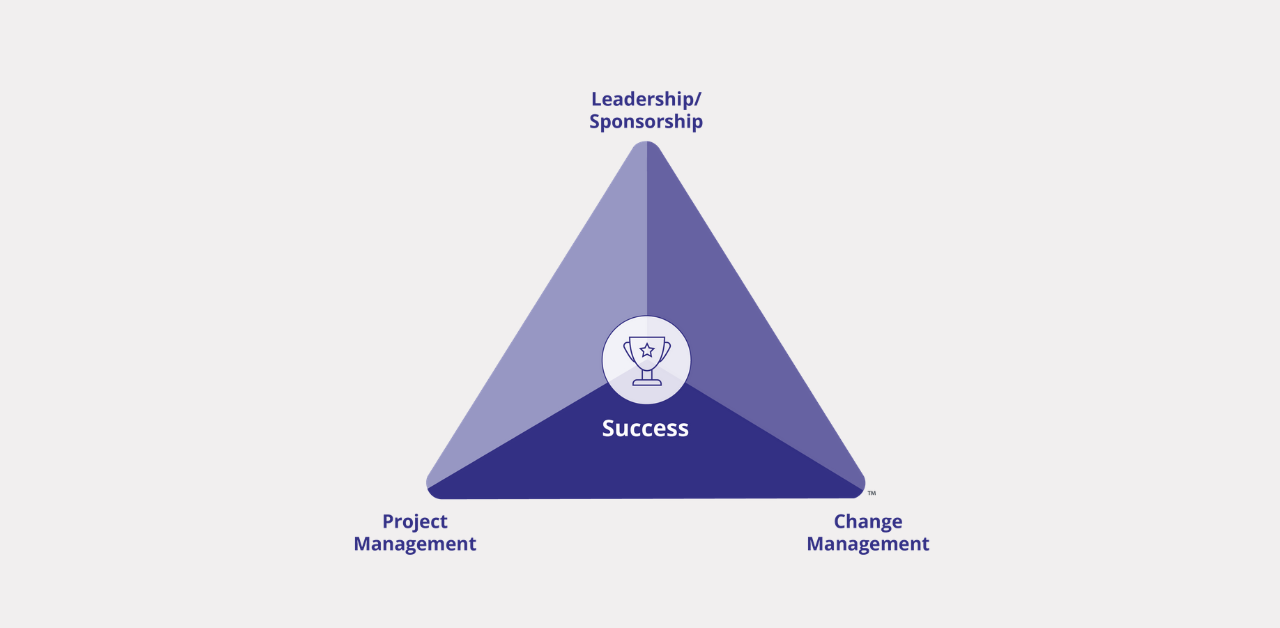In order for the wages to rise and for lifestyle to advance, daring and disruptive changes must happen to inspire the rest of the industry to copy the improvements and accelerate growth. This was the message that the Deputy Prime Minister of Singapore and newly minted Chairman of G-30*, Mr. Tharman Shanmugaratnam sent in an interview with NTUC this week.
*A prestigious global group of top financial experts and policymakers
Singapore must have original and trendsetting firms with innovative business models to increase productivity and improve efficiency. However, these ambitions would not become reality just because people start shifting their mindsets and attitudes to demonstrate passive support for the "next big thing". Reddit co-founder Alexis Ohanian advised startup founders in the recent TechinAsia Singapore conference that there is no point being "idea-rich but execution-poor". Yet, despite multiple successful entrepreneurs and business leaders dishing out this simple advice, many companies, regardless of scale, still fail to execute their change initiatives or sustain them well enough to reap the organisational outcomes and return of investment (ROI).

There are a number of possible reasons that explain this phenomenon.
One likely reason is most leaders fail to recognise and/or remediate the differences between passive buy-in and active buy-in. Many ideas are often kickstarted with people showing superficial verbal support (e.g. "great idea", "sounds interesting", "I think it could work"). However, real change vis à vis ultimate utilisation, speed of adoption, and proficiency only manifests when passive verbal support are followed up with real actionable behaviours that directly creates the ROI and other intangible organisational outcomes. This ROI creation only occurs one directly impacted employee at a time and often needs to start with senior leaders "walking the walk" to change their own behaviours before expecting employees to do so.
Another plausible consideration could be similar to what Singapore's Manpower Minister Lim Swee Say identified earlier this month. There is a gap or mismatch in skills as the industry reinvents itself which suggests that people need to adapt faster to help businesses transform more rapidly. Mr Lim also highlighted "a growing fear around the world that technology may eventually take over more jobs, making many more workers redundant". What Mr Lim did not cover is that when people face with multitudes of large and complex changes, the fear of losing one's rice bowl naturally leads to resistance and dips in productivity. Why would anyone naturally or logically embrace new processes, tools, systems that would render them obsolete and cause them to lose something so primally important to their survival? It is easier to say no to the changes and remain status quo.
This is where Change Management comes in. Change Management is the discipline of designing and formalising action plans to better prepare, coach and train individuals to transit from their current way of working to the desired new way of working. Businesses do not transform overnight just because executive leaders decide to steer the company in a new direction - having the right answer as a senior leader is no longer enough reason for individual employees to change their ways of working. Employees need to adopt and sustain the proposed changes in order to achieve measurable and significant business outcomes. The value of Change Management is immense. In Prosci's 20 years of research, top performing companies that embed excellent Change Management practices are six times more successful than their competitors in achieving their business and organisational results.

Let us take a leaf out of the ethos of Jeff Lawson, CEO of Twilio, "First get started, then get smarter". Singapore has started to champion for change. The next step is to be smart about it. Become a certified Prosci Change Management Practitioner, be the catalyst of Singapore's transformation.
The metamorphosis of the world's economy is taking place and the Singapore's workforce need to adapt quickly to survive. The Singapore government thought ahead and has been preparing their staff in the Civil Service to cope with the onslaught of difficult changes ahead as evidenced in the IRAS story - A Change Ready Organisation as well as a sharing by NEA HR director, Ms. Gloria Chin, on why Change is a good thing especially in a demanding environment.
CMC began working in Asia in 2012 with the Singapore Civil Service College and in January 2015 was appointed as the Singapore Primary Affiliate for Prosci®. We are uniquely licensed to deliver public open-enrolment change management training at selected venues in Singapore regularly, in addition to private, customised Prosci change management training, workshops and advisory support services for organisations throughout South East Asia.
To help you and your employees adopt and embrace new digital changes, and understand more about why employees resist change, CMC Partnership Asia are hosting 3-day Prosci® Certified Change Management Practitioner courses in Singapore during the months of June and July. These vital courses cover:
- The Prosci® ADKAR® Model for individuals confronted by change
- The ABC of great Sponsorship of change
- The 5 key roles of a Line Manager experiencing change
- Effective Communications
- A 10 step process for Resistance Management
- The 7 Concepts of Change
- 3 models for the Return on Investment (ROI) of change management
Begin your journey to skill yourself in change management.
Don't miss out, view all course dates and locations.
Or learn more about the Prosci Certified Change Management Practitioner Course




